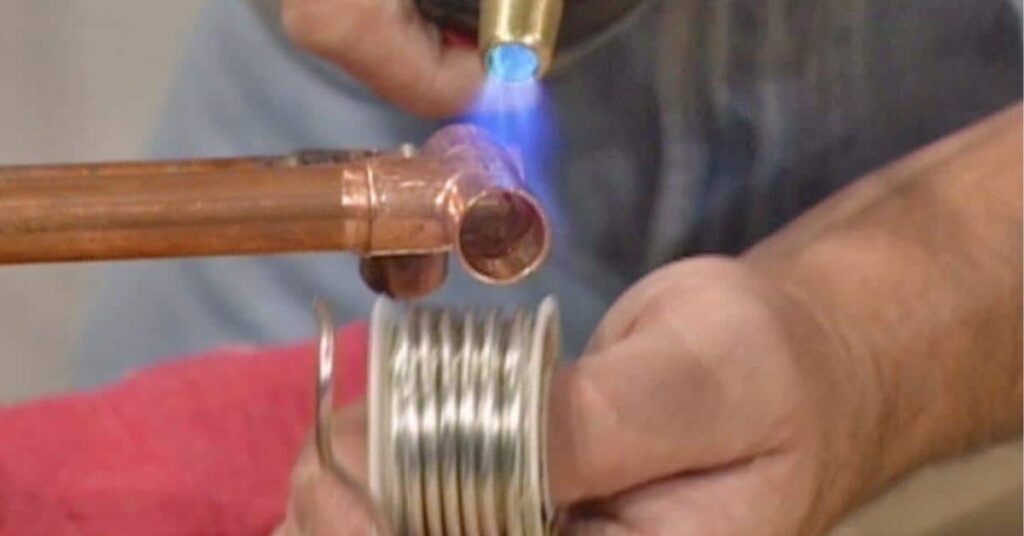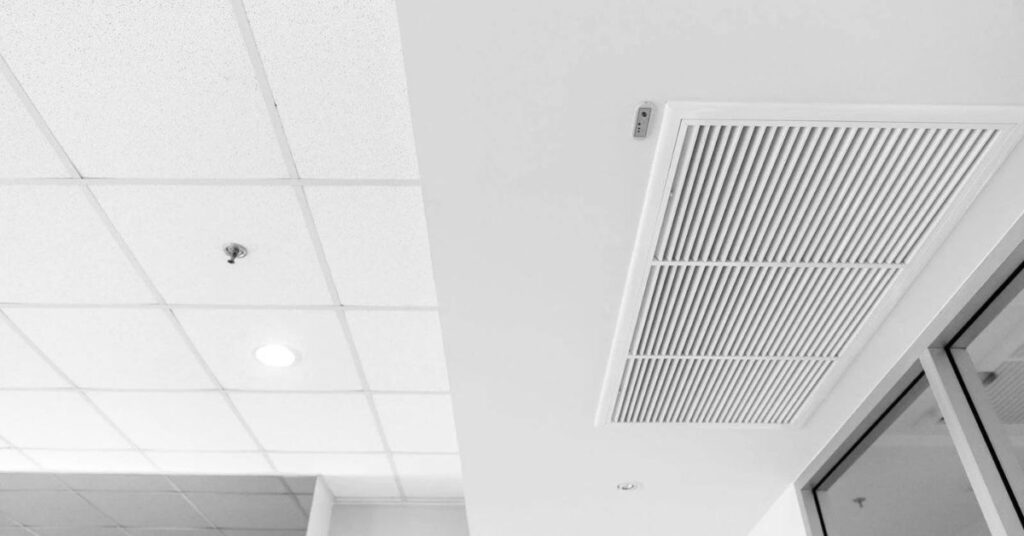Soldering is a critical process in both plumbing and electrical work, but the materials and techniques used can vary significantly between these two applications. One common question that arises is whether plumbing solder can be used for electrical work. This blog will explore can you use plumbing solder for electrical, the implications of using the wrong type, and the best practices for soldering in both contexts.
What is Solder?
Solder is a fusible metal alloy used to join two or more metal surfaces together. When heated, it melts and flows into the joint, creating a strong, conductive bond. Solder is essential in plumbing to create leak-proof pipe connections and in electrical work to ensure reliable electrical connections.
Types of Solder
- Plumbing Solder:
- Composition: Traditionally, plumbing solder was a lead-based alloy, but due to health and environmental concerns, lead-free alternatives are now commonly used. These typically consist of tin and other metals like copper or silver.
- Melting Point: Plumbing solder usually has a higher melting point than electrical solder, suitable for withstanding the temperatures and pressures found in plumbing systems.
- Flux: Plumbing solder often uses an acid-based flux to clean the metal surfaces and ensure a good bond. Acid flux is effective at removing oxidation but can be corrosive and harmful to electrical components.
- Electrical Solder:
- Composition: Electrical solder is usually a lead-based or lead-free tin alloy, often with a small amount of silver or copper to improve strength and conductivity.
- Melting Point: Electrical solder has a lower melting point than plumbing solder, which is essential for protecting sensitive electronic components from heat damage.
- Flux: Electrical solder uses a rosin-based flux, which is non-corrosive and safe for electronic circuits. Rosin flux cleans the metal surfaces without damaging the delicate components.
Can Plumbing Solder Be Used for Electrical Work?
Using plumbing solder for electrical work is generally not recommended due to several key reasons:
- Flux Type: Plumbing solder’s acid-based flux is corrosive and can damage electronic components and connections. In contrast, electrical solder’s rosin-based flux is safe and designed specifically for electronic applications.
- Melting Point: The higher melting point of plumbing solder can lead to excessive heat application, potentially damaging sensitive electrical components and insulation.
- Conductivity: While both types of solder are conductive, electrical solder is formulated to provide optimal electrical conductivity and mechanical strength for electronic connections.
- Safety: Lead-free plumbing solder often contains additional metals like antimony, which may not be safe or suitable for use in electrical applications.
Potential Risks of Using Plumbing Solder in Electrical Work
Using plumbing solder for electrical work can lead to several problems:
- Corrosion: Acid flux residues can cause corrosion over time, leading to unreliable connections and potential circuit failures.
- Heat Damage: The higher melting point can damage components, especially in delicate electronic circuits, causing malfunction or complete failure.
- Poor Conductivity: The solder may not provide the same level of conductivity required for reliable electrical connections, leading to inefficiencies or increased resistance.
Best Practices for Soldering in Electrical Applications
To ensure safe and reliable electrical connections, follow these best practices:
- Use the Right Solder: Always use electrical solder with rosin-based flux for electronic work. Lead-based solder (60/40 tin-lead) is commonly used for its ease of use and reliability, but lead-free options (such as 99.3% tin and 0.7% copper) are available for those concerned about health and environmental impacts.
- Temperature Control: Use a soldering iron with temperature control to apply the right amount of heat without damaging components. Electrical solder typically melts around 370°F (188°C), so set your iron accordingly.
- Clean Surfaces: Ensure that all metal surfaces are clean and free from oxidation before soldering. Rosin flux will help, but starting with clean components ensures the best results.
- Proper Ventilation: Soldering can produce fumes that may be harmful if inhaled. Work in a well-ventilated area or use a fume extractor to protect your health.
- Safety Precautions: Wear safety glasses to protect your eyes from splashes of molten solder and always handle hot tools with care to avoid burns.
Read More: Should You Tip a Plumber?
Conclusion
While it might seem convenient to use plumbing solder for electrical work, doing so can lead to serious issues, including corrosion, heat damage, and poor conductivity. Plumbing solder is specifically designed for the demands of plumbing systems, while electrical solder is formulated to meet the needs of electronic applications.
By using the appropriate type of solder and following best practices, you can ensure reliable, safe, and effective soldered connections in your electrical projects. Always prioritize using the right materials and tools for the job to achieve the best results and maintain the longevity of your work.


